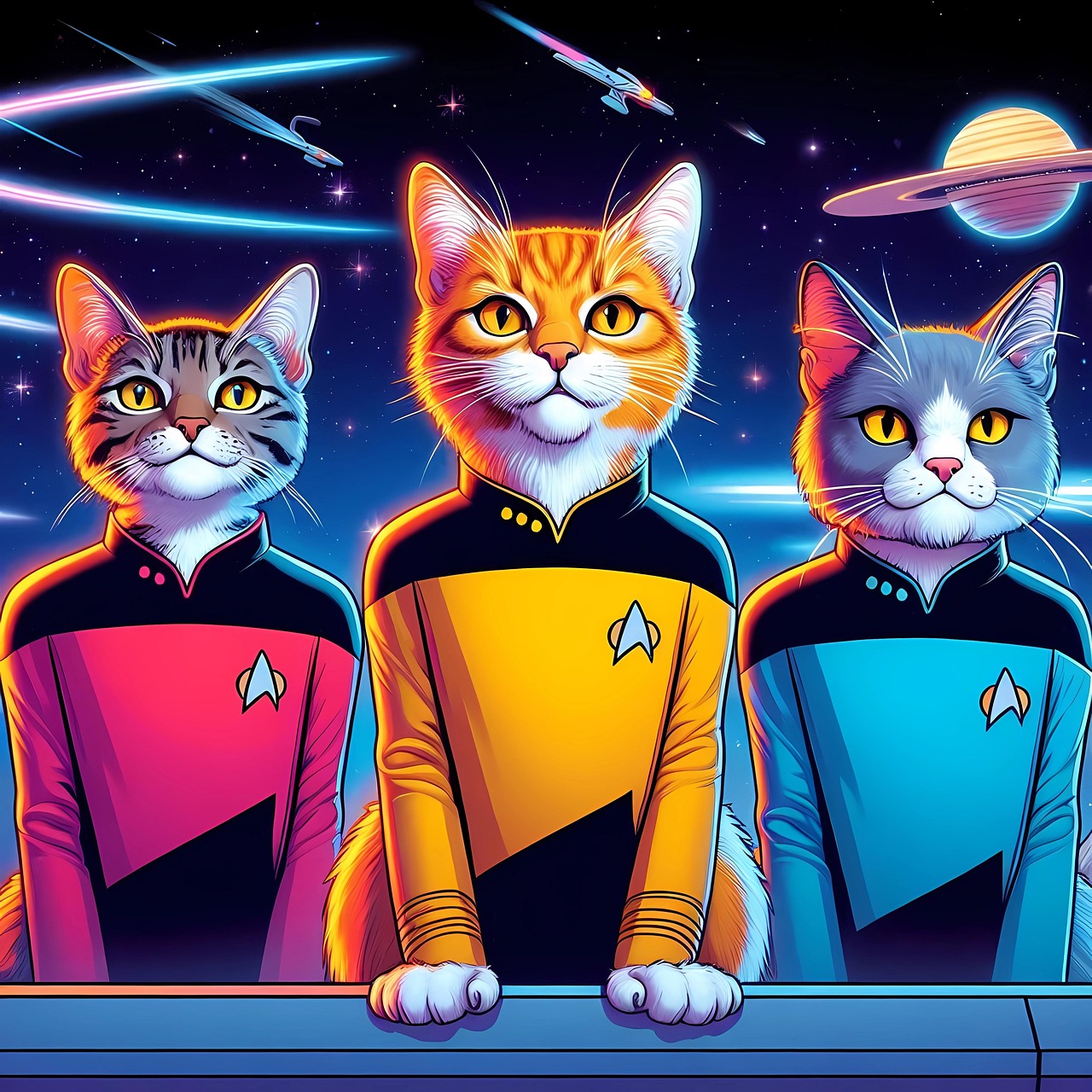How Leading Consulting Firms Harness Generative AI to Transform Workflows and Drive Growth

Brief news summary
Consulting firms are rapidly integrating generative AI to revolutionize their workflows and boost productivity. McKinsey’s internal chatbot, Lilli, leverages a century of firm knowledge to aid consultants with research and analysis, saving up to 30% of their time; more than 70% of its 45,000 employees use it regularly. Boston Consulting Group employs AI tools like Deckster and GENE to streamline content creation and brainstorming, enhancing job satisfaction. Deloitte limits ChatGPT use internally but offers AI solutions such as Sidekick and Zora AI, focusing on data security. KPMG promotes broad AI adoption and collaborates with Google Cloud to deploy AI agents through Agentspace. PwC introduced an agent OS to manage over 250 AI agents, fostering collaboration. Despite some employee concerns about job security, these firms see AI as key to driving efficiency, innovation, and growth amid post-pandemic challenges and evolving industry demands.Until recently, McKinsey consultants manually reviewed reports to ensure they matched the firm’s writing style; now, an AI agent called “Tone of Voice” automates this task. Similarly, Boston Consulting Group (BCG) employs Deckster to streamline PowerPoint slide preparation, and Ernst & Young uses chatbots to clarify payroll queries. Consulting firms are pioneers in adopting generative AI, aiding clients in employee training, tool development, and AI regulation while simultaneously deploying new AI chatbots and applications internally, transforming consultants’ workflows over the past two years. McKinsey has integrated generative AI through its in-house chatbot, Lilli, which consolidates a century’s worth of knowledge—over 100, 000 documents and interviews—and assists users by summarizing key points, identifying relevant content, and connecting them to internal experts. Since its 2023 rollout, Lilli’s usage has grown rapidly, with over 70% of McKinsey’s 45, 000 employees using it approximately 17 times weekly. Initial “prompt anxiety” was mitigated with brief training, enabling users to employ Lilli for research, document summaries, data analysis, and brainstorming, reportedly saving 30% of work time. Senior partner Delphine Zurkiya frequently uses Lilli in team settings, describing it as “AI in the room” influencing problem-solving discussions. McKinsey’s AI efforts date back years, including the 2015 acquisition of QuantumBlack, its AI consulting arm with 7, 000 tech experts globally. About 40% of McKinsey’s work involves analytics and AI, much shifting toward generative AI, supported by partnerships with 19 AI companies including Microsoft and Google. While ChatGPT helped popularize conversational AI, McKinsey itself does not provide access to ChatGPT internally. Besides Lilli, McKinsey offers platforms for consultants to create custom AI agents, domain-specific applications (such as for Life Sciences), and firm-wide tools for tasks like scheduling. These developments extend into client projects, shaping tailored AI solutions. Despite hype, internal feedback suggests these AI tools handle routine tasks well but are not seen as threatening jobs. BCG has also aggressively trained employees in AI, rolling out ChatGPT Enterprise in 2023 with controlled data governance. Its 33, 000 staff have created over 18, 000 custom GPTs for diverse internal uses ranging from document summarization to HR inquiries, complemented by eight or nine proprietary generative AI tools. Deckster, a popular slideshow editor trained on hundreds of templates, helps consultants rapidly prepare presentations and includes a review feature to grade slides by best practices, with about 40% of associates using it weekly. Concerns have arisen among some consultants about job security as Deckster improves productivity.
Another innovative tool is GENE, a chatbot with a deliberately robotic voice, built on GPT-4o, designed as a conversational partner for brainstorming, content creation, and team interaction with adjustable response tone. BCG also pilots an AI agent-building platform. Despite widespread AI adoption, BCG maintains an optimistic stance, aiming “to take out the toil and increase the joy” at work. They estimate that consultants reinvest about 70% of saved time into higher-value activities. While performance evaluation metrics remain unchanged, the firm is thoughtfully considering AI’s growing role. Deloitte takes a more cautious stance, blocking ChatGPT access internally to protect client data, requiring AI tools be developed in secure environments, and managing stringent contracts with providers like OpenAI. Deloitte uses its own ChatGPT-like tool, Sidekick, for non-client-related functions such as document summarization, brainstorming, and coding. Despite restrictions, Deloitte has invested heavily in AI, launching Zora AI—a suite of specialized human-like AI agents—and incorporating generative AI features into its Ascend digital platform. Senior leadership openly supports AI adoption, recognizing the industry disruption and emphasizing the importance of demonstrating AI’s effectiveness to staff. KPMG pursues a dual “top-down and bottom-up” AI adoption strategy, encouraging employees to experiment with generative AI, which initially caused some confusion but has matured through data on user prompts. The firm employs retrieval augmented generation techniques and open data to build improved AI tools. To manage growing AI capabilities, KPMG recently partnered with Google Cloud to license Agentspace, a platform integrating AI agents with corporate data. Similarly, Deloitte unveiled Agent2Agent, promoting interoperability between AI agents, in collaboration with Google Cloud and ServiceNow. PwC introduced agent OS, unifying over 250 internal and client AI agents into a cohesive system to enable coordinated functionality. After a challenging post-pandemic period marked by layoffs and contract losses, generative AI represents a promising resurgence for consulting firms amid regulatory scrutiny. PwC’s Matt Wood expresses optimism that AI agents will drive not only efficiency but business growth, enabling firms to expand rather than shrink as they scale AI adoption and double down on successful strategies.
Watch video about
How Leading Consulting Firms Harness Generative AI to Transform Workflows and Drive Growth
Try our premium solution and start getting clients — at no cost to you

I'm your Content Creator.
Let’s make a post or video and publish it on any social media — ready?
Hot news

Deepfake Technology Advances: Implications for Vi…
Deepfake technology has advanced significantly, allowing the creation of highly realistic manipulated videos that portray individuals saying or doing things they never actually did.

Meet Sparky—the AI Chatbot Walmart Says Is a Whiz…
Sparky is driving up sales at a major retailer.

C3 AI Recognized as Leader in Enterprise AI Platf…
C3 AI has been officially recognized as a Leader in the Enterprise AI platforms sector by Verdantix, a respected independent research and consulting firm that evaluates technology providers across industries.

AI-Driven SEO: Enhancing User Experience and Enga…
Artificial intelligence (AI) is increasingly crucial in transforming search engine optimization (SEO) strategies by significantly enhancing user experience and engagement.

AI-Powered Content Engine Scoopy Transforms News …
In today’s rapidly evolving digital environment, keeping up with the latest news and trends relevant to your brand is more important than ever.

Digital.ai Launches Automated Testing for Automot…
Digital.ai has announced a major breakthrough in automotive software testing by introducing the industry’s first support for end-to-end automated testing of Android Auto and Apple CarPlay applications.

Shift from SEO to AI Optimization in the Age of A…
In the early 2000s, search engine optimization (SEO) was mainly a technical practice centered on measurable, formulaic strategies.
AI Company
Launch your AI-powered team to automate Marketing, Sales & Growth

and get clients on autopilot — from social media and search engines. No ads needed
Begin getting your first leads today








